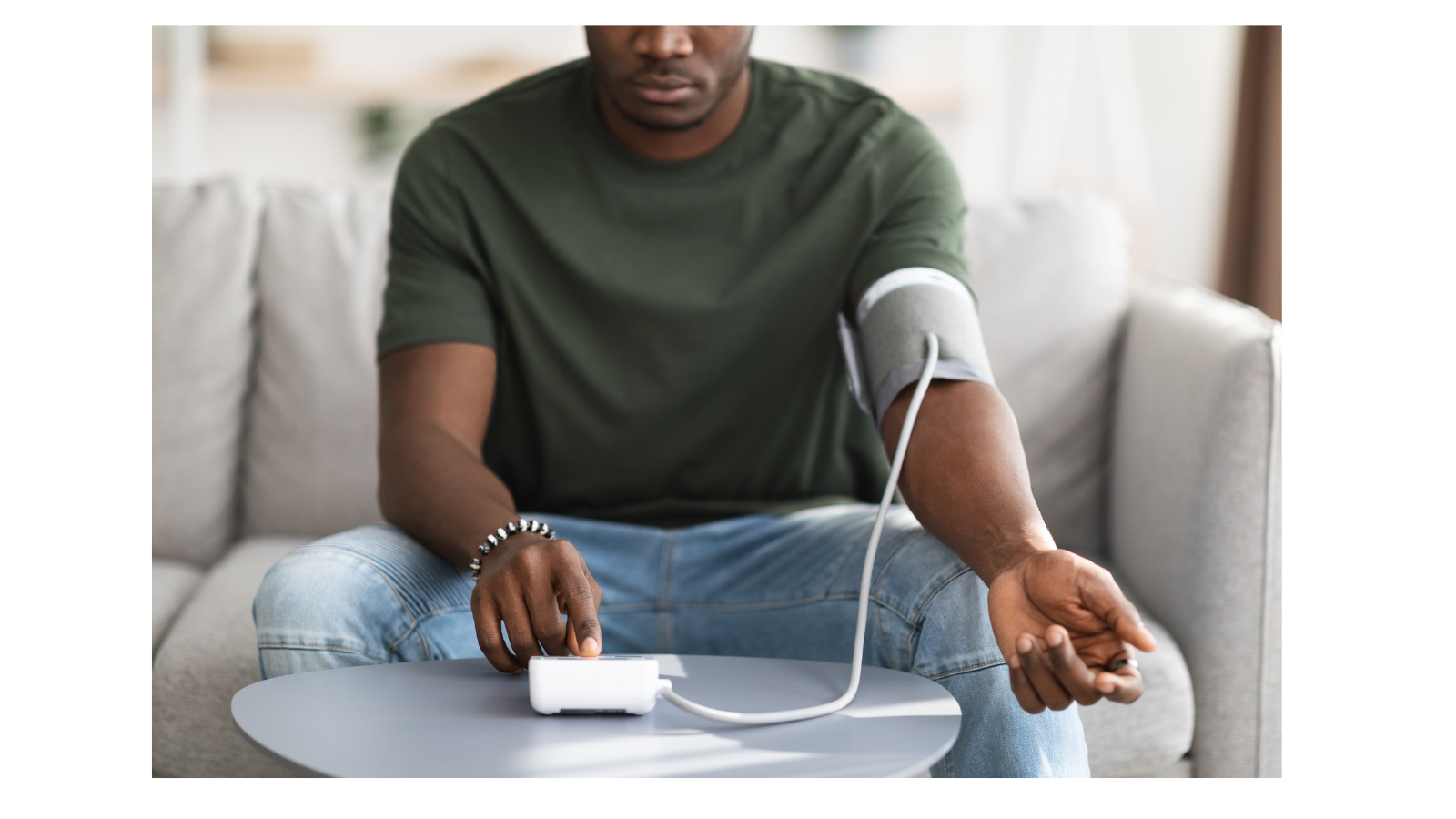
The Black community has an elevated rate of high blood pressure, and that’s dangerous. In the US, 41 percent of Blacks have high blood pressure, compared to 27 percent of Whites, according to a study published on WebMD.
“High blood pressure, or hypertension, is connected to a range of potentially fatal conditions. Heart attacks, strokes and kidney failure are just a few of the life-threatening conditions related to high blood pressure,” says Dr. George Dawson. A retired radiation oncologist, Dr. Dawson is part of a partnership between the New York City Department of Health and Mental Hygiene (DOHMH) and the Fund for Public Health NYC (FPHNYC) working at Ryan Health | Frederick Douglass to make Harlem healthier.
Capitalizing on the process of vaccinating New Yorkers against COVID-19, Dr. Dawson and his colleagues are also offering screenings for high blood pressure, diabetes, and other diseases that impact the Black community.
There is also a connection between high blood pressure and COVID-19. The Centers for Disease Control and Prevention (CDC) reports that having heart conditions like hypertension might make the possibility of severe illness from COVID-19 more likely.
“Everyone knows someone with high blood pressure,” Dr. Dawson says. “If you are over age 65, it’s probably you.” Indeed, a US National Health and Nutrition Examination Survey (NHANES) in 2020 found that 70 percent of adults over age 65 have hypertension.
“But in the Black community, it’s not unusual to see someone in their 30s with hypertension, and we know young people don’t think about that,” Dr. Dawson says. “It’s crucial to know your family history, because blood pressure goes through families. You can’t control your genetics.”
The reasons for higher rates of hypertension in the Black community are varied. Certainly genetics, but also what are called the social determinants of health. These include the food you eat, where you live, your job, the local environment, and stress, among others.
“We know that access to nutritional foods, such fresh fruits and vegetables, and less intake of so-called fast foods and processed foods, has a significant impact on whether or not someone will develop cardiovascular disease,” Dr. Dawson said. “What I have witnessed over the last few years in Harlem, where I have resided for over 30 years, is an increasing number of larger grocers, along with fruit and vegetable vendors along the 125th Street corridor. These changes will certainly positively impact the health of the Harlem community.”
The Mayo Clinic published a list of 10 ways to control your blood pressure without medication. These are simple, common sense tips like lose extra pounds and watch your waistline, exercise regularly, eat a healthy diet, reduce sodium, limit alcohol consumption, and quit smoking, among other tips. Of course, if you do require medication to control your high blood pressure, follow your doctor’s instructions carefully. The CDC recommends that you always ask questions if you don’t understand something, and never stop taking your medicine without talking to your doctor first.
Blood pressure medicines help keep your blood pressure at healthy levels. That, in turn, lowers your risk of heart disease, heart attack and stroke.
It’s important to be sure to have your blood pressure checked, no matter your age. If you’re seeing your doctor for any reason, ask them to check your blood pressure. There is also a correct way to check blood pressure so that you get an accurate reading. The CDC recommends this checklist whether you’re in a doctor’s office or checking your blood pressure at home:
- Don’t eat or drink anything 30 minutes before you take your blood pressure.
- Empty your bladder before your reading.
- Sit in a comfortable chair with your back supported for at least 5 minutes before your reading.
- Put both feet flat on the ground and keep your legs uncrossed.
- Rest your arm with the cuff on a table at chest height.
- Make sure the blood pressure cuff is snug but not too tight. The cuff should be against your bare skin, not over clothing.
- Do not talk while your blood pressure is being measured.